Search
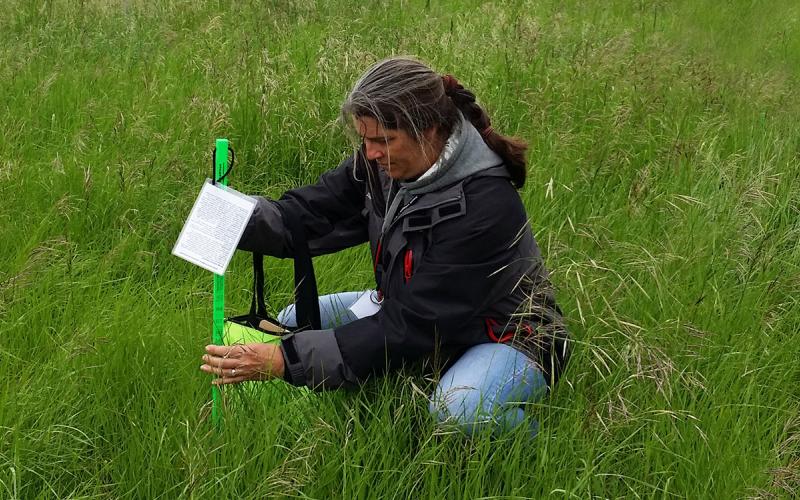
Using the ‘Grazing Stick’ To Assess Pasture Forage
Assessing pasture forage is a key step in planning grazing strategies. A grazing stick is a tool that uses simple math and measurements to determine herd size, stocking rates and available grazing days. We will address how to use a grazing stick in this article.
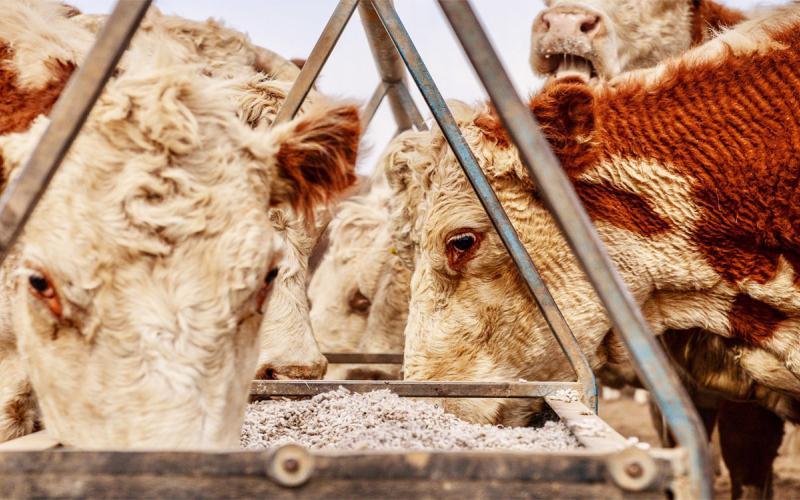
Livestock Tools for Managing Through Drought
As drought conditions continue, ranchers are faced with making some difficult decisions. South Dakota State University Extension offers multiple tools and resources that can be used to help make the best management decisions for your operation.
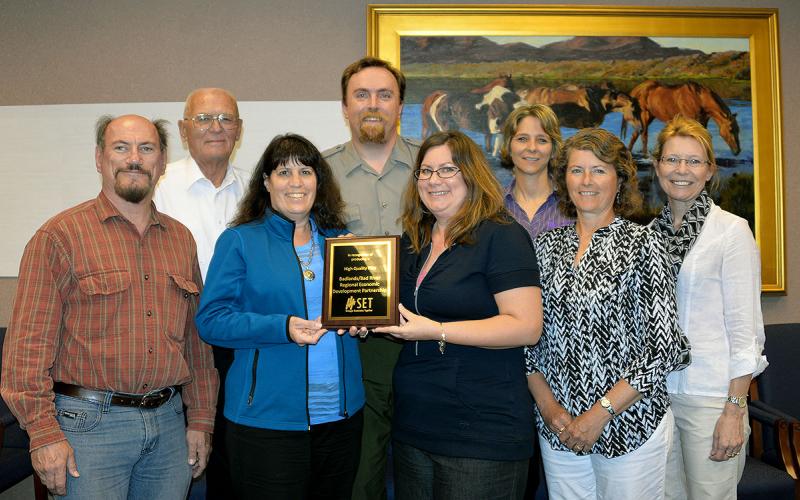
Inspiring Community Leaders
Based on research and evidence gathered by industry experts, this program teaches communities, businesses and individuals the skills needed to foster exemplary leadership qualities.
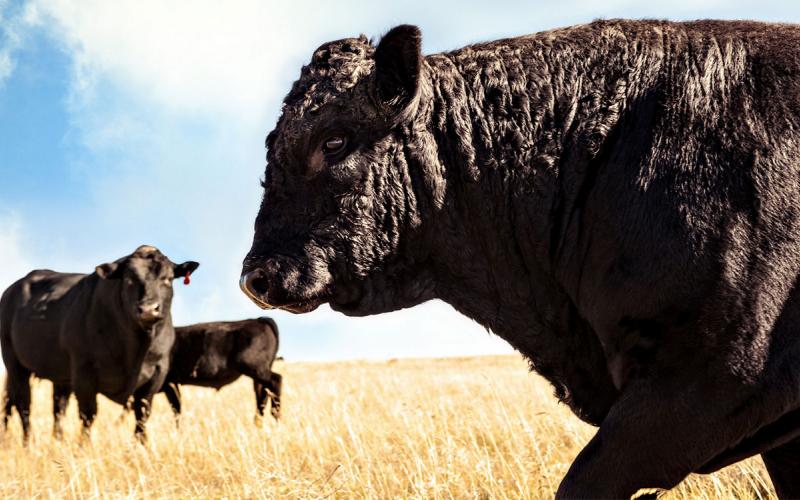
Reproductive Injuries in Bulls on Pasture
While reproductive injuries in bulls might not occur every year in a given cow-calf operation, they’re one of the most-common reasons bulls are examined by veterinarians during the breeding season.
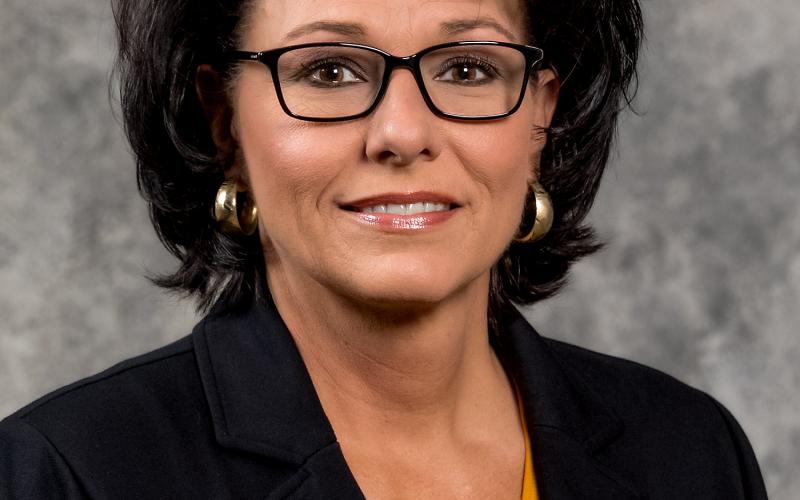
SDSU Extension Dairy Field Specialist Tracey Erickson to Retire
October 15, 2021
After 31 years of providing education and service to South Dakota livestock producers, South Dakota State University Extension Dairy Field Specialist Tracey Erickson has announced her retirement. Her last day is June 21.
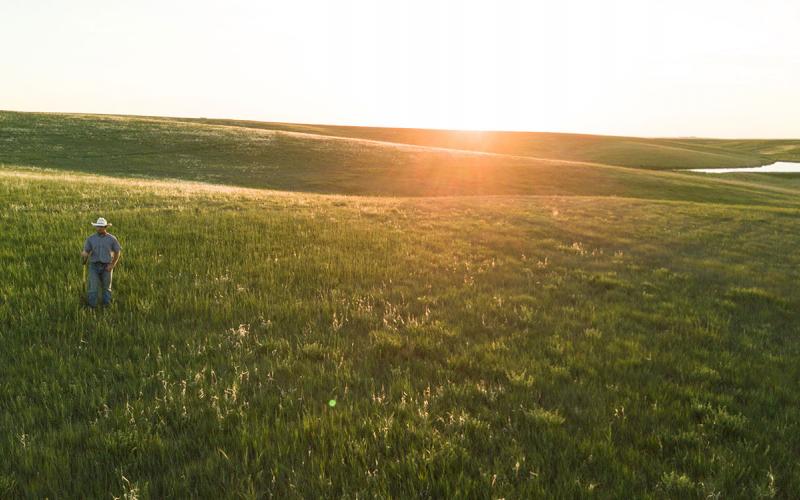
Grassland Fertilization: Terminology and Economics
This article is the first in a series of six focused on helping producers understand the pros and cons of grassland fertilization. We begin by learning some of the basic terminology and information related to fertilization.
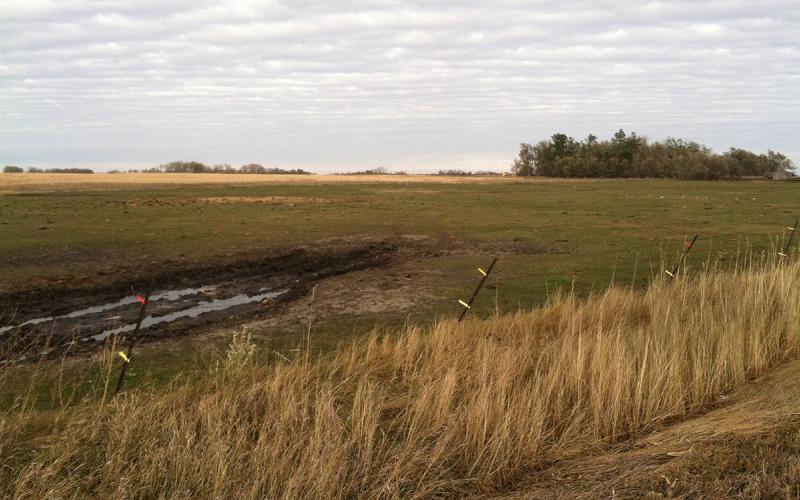
Grassland Fertilization: Native Pasture Case Study - Hamlin County
Whether fertilization pays or not depends on the species present, the past management history and the type of grazing strategy. This study compares two very different plant communities that represent typical pastures and management schemes in this area.
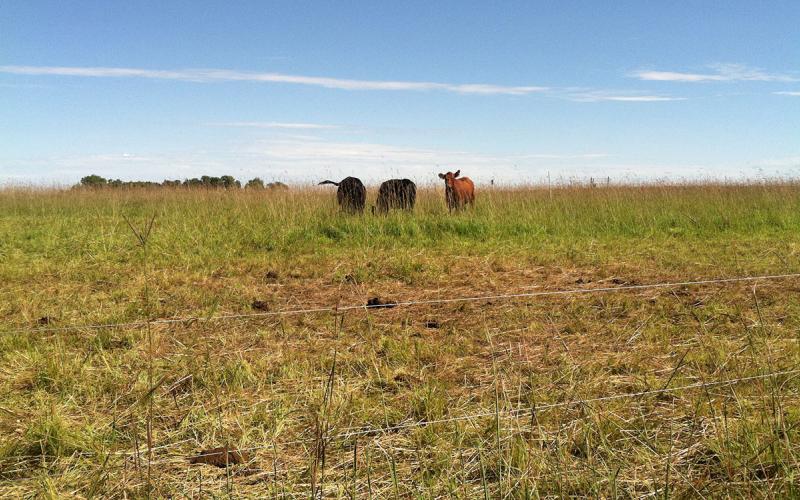
Grassland Fertilization: Native Grass Planting Case Study - Codington County
Management goals of planted grasslands are an important driver in the consideration of whether fertilizer applications will be beneficial or harmful. Here, we will discuss various plant communities and the impact of fertilization on each.
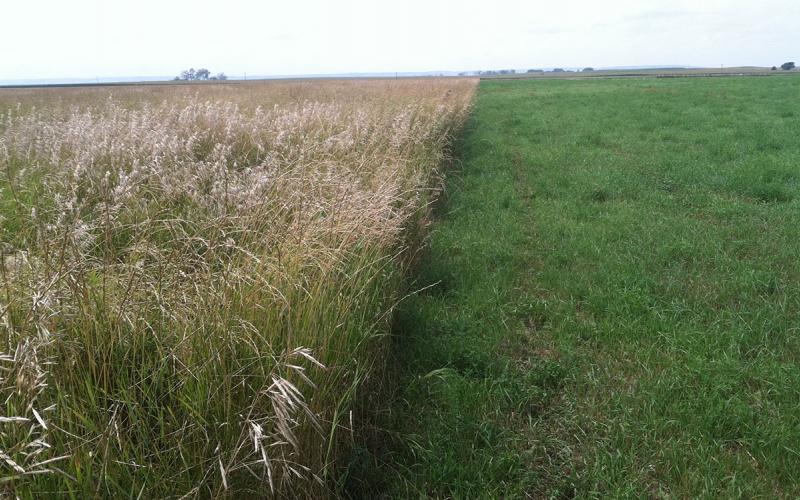
Grassland Fertilization: Exotic Grass Planting Case Studies - McPherson and Jerauld Counties
Our previous installment of this series discussed the effects of fertilization on native grassland plantings. This last installment addresses the options for fertilization on low-diversity exotic grassland plantings.
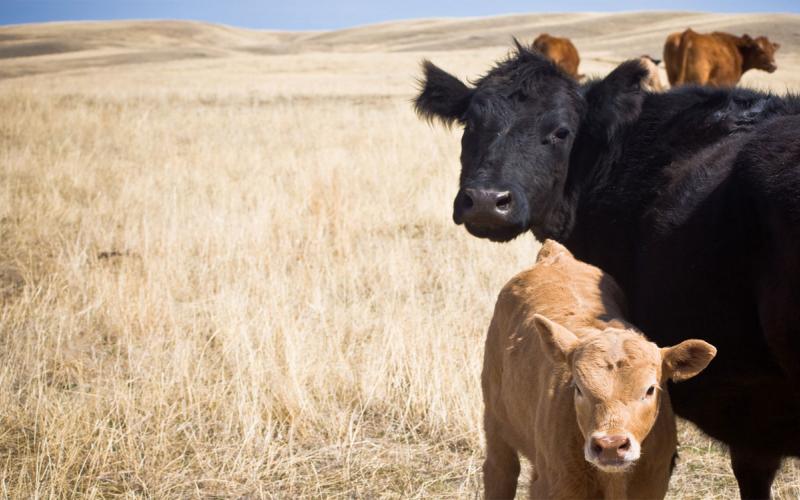
Planning for Breeding Season in Dry Conditions
Drier-than-normal conditions present added stress to producers and their herds in preparation for breeding season. During this critical period, producers should focus on making sound management decisions to maintain performance and profitability.